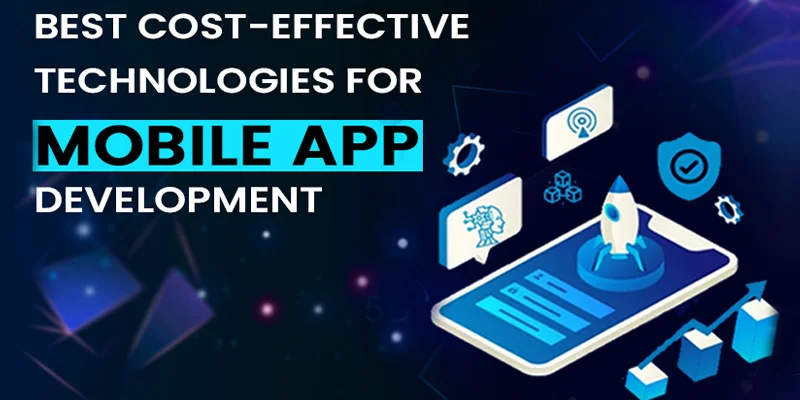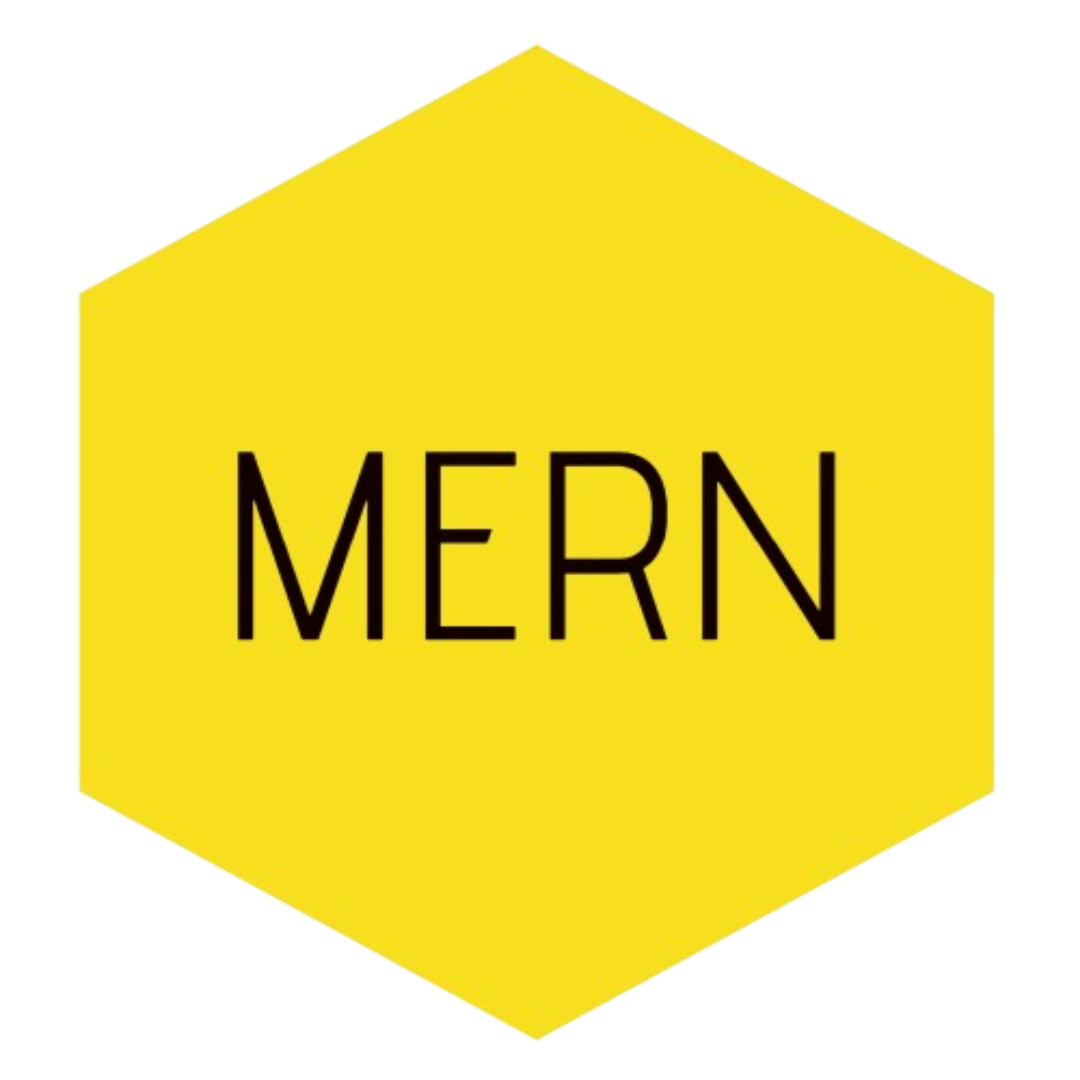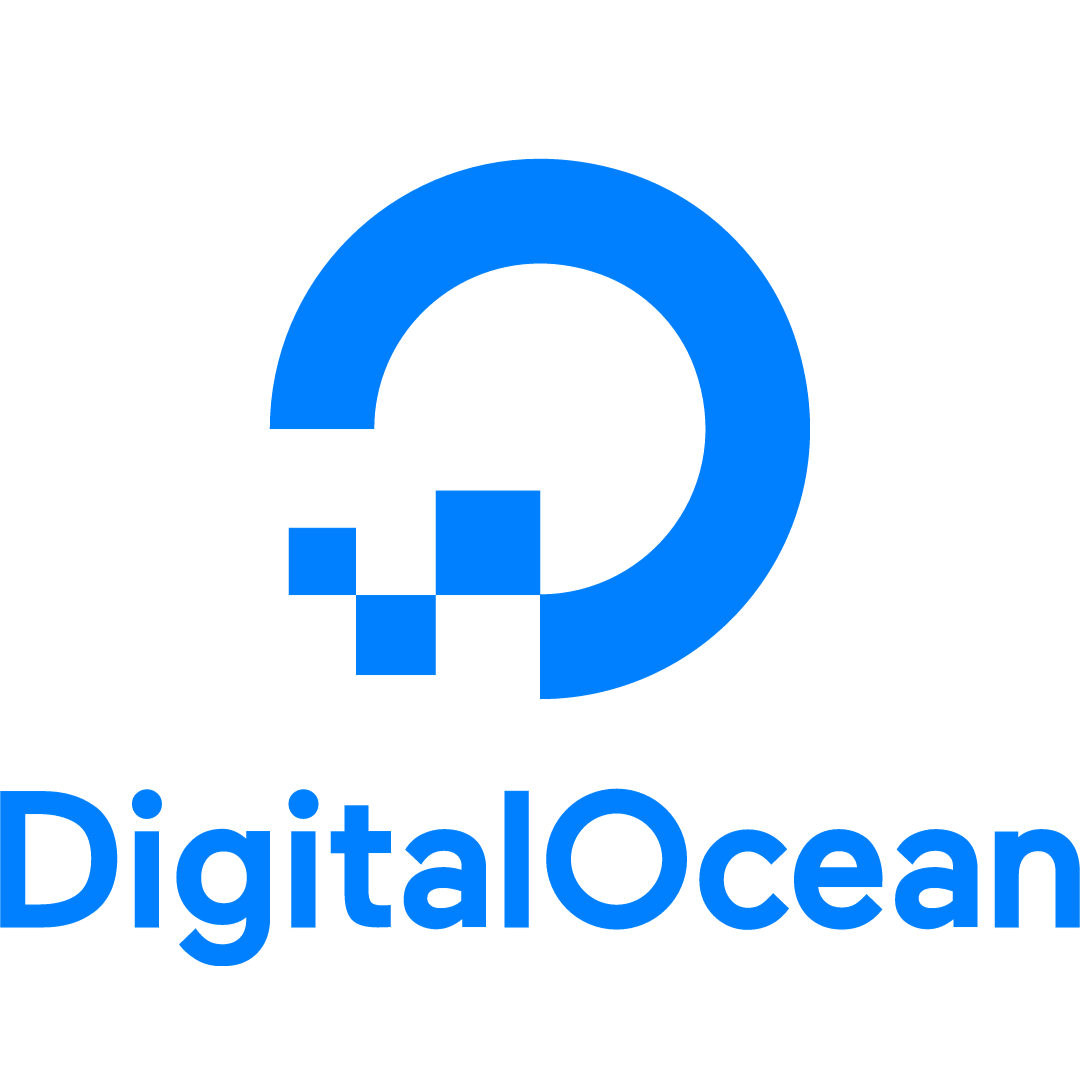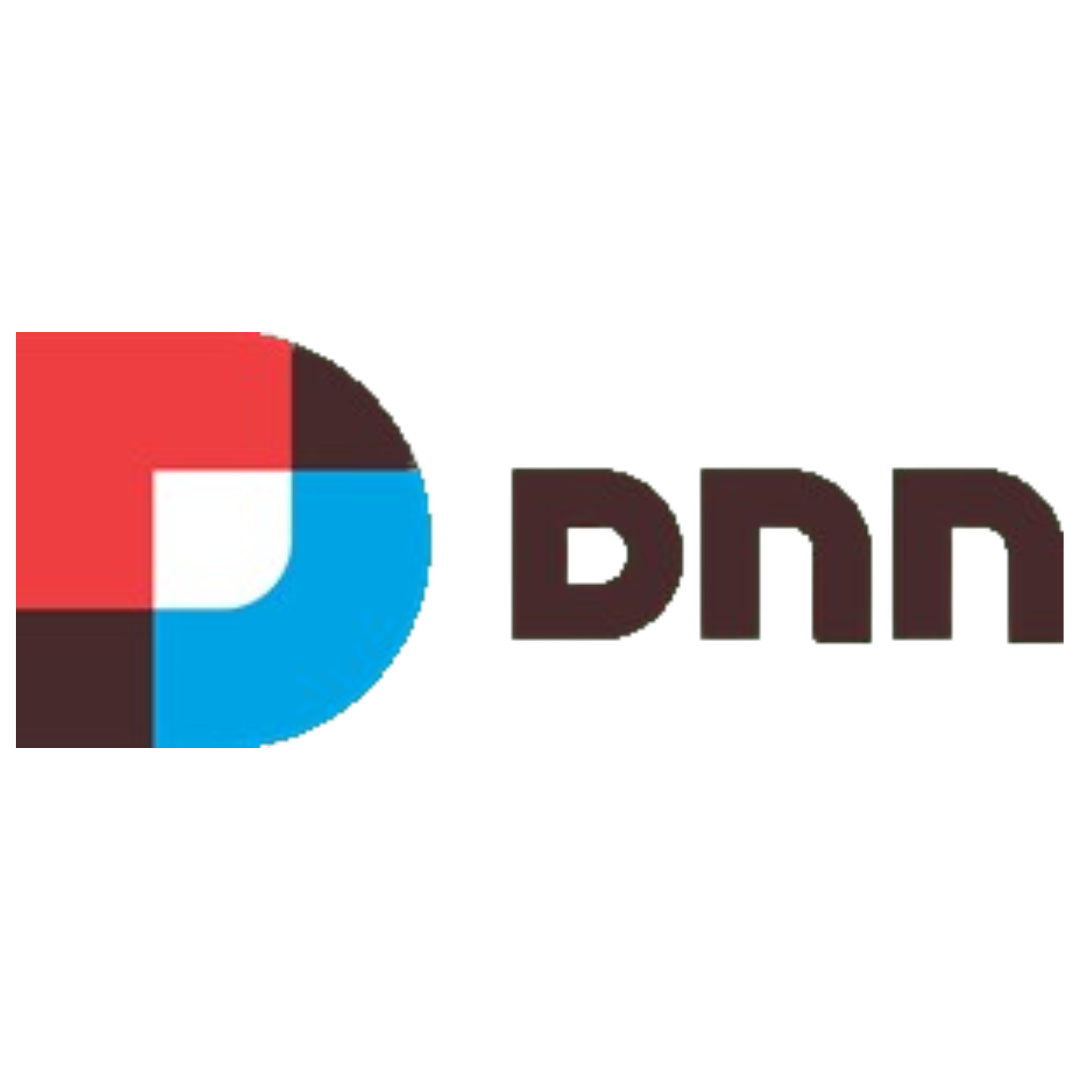
Best Cost Effective Technologies For Mobile App Development
Best Cost Effective Technologies for Mobile App Development
The exponential rise in mobile phone usage has made it an important marketing tool for companies who want to reach out to their audience anytime and from anywhere. The importance of mobile apps has gone beyond being a source of entertainment and information and are now an augmentation of a company’s value. They increase the visibility of the company, reinforce the brand and build loyalty, apart from increasing accessibility and improving customer engagement. Recent research suggests that the time spent by a (potential) customer on a company’s mobile app is 90% higher than on its website.However, the first thing that comes to mind when making the decision of developing a mobile app, is “how much will it cost?”. A lot of factors are involved in understanding the cost of developing the right mobile app for your company, the most important one being, the type/technology being used. This factor not only affects the development but also the maintenance cost of the mobile app.
Read further to know the types of mobile app development technologies
Types of mobile app development
There are three types of mobile app development technologies and selecting the most appropriate one is important in order to suit your business requirement. Let us take a look at them.
1. Native App Development
These apps are native to one particular platform, like Android or iOS. They are developed for one platform and work exclusively for that platform, with absolutely no scope of cross-platform functionality. Some of the prominent advantages of Native Apps are:
- Smooth and fast UI
- Responsive
- Reliable and secure
- Use few hardware resources
Some prominent examples of native apps are WhatsApp, Spotify, and Pokémon Go.
However, native apps are not the most cost-effective ones for the following reasons:
- Require separate coding for each platform, increasing development cost
- Require separate codebase for new features, increasing upgradation cost
- Maintenance and updates need to be done separately on each platform
- Have longer release cycles that add to the overall project cost.
2. Hybrid App Development
Hybrid apps are built for cross-platform compatibility. They are essentially web apps but with a lightweight native container which allows them to leverage certain native platform features and device hardware. A hybrid app is built with commonly used front-end development technologies such as JavaScript, HTML5, CSS, Swift, and Flutter, giving it cross-platform functionality. Some of the advantages of Hybrid Apps are:
- Quick to develop
- Easy to deploy updates
- Use few hardware resources
- Saves time and resources
- Cost-effective. No separate coding is needed for individual platforms or operating systems.
- Lower maintenance cost
- Scalability
While Hybrid apps are cost-effective and have shorter release cycles, they have their own shortcomings such as:
- Increased complexity: Codes are shared between different platforms and some of the code is often native in practice to take advantage of the underlying hardware. This may increase the complexity of the app.
- Performance: Technically, there is a layer between the source code and the operating system, which might lead to a bottleneck in performance.
3. Progressive Web Apps
Progressive web apps are websites that are enhanced to provide users with an app-like experience, customized for their devices. They function like installed apps on supporting platforms and regular websites on other browsers, thus giving them the features of apps and websites, both. Some of the core advantages of PWAs are:
- Can access hardware features
- Can be indexed by search engines
- Responsive
- Push notifications
- Linkable and installable
- Cost effective
- Short development cycle
Some of the most common examples of PWAs are Twitter Lite, Pinterest, and Trivago.
PWAs however have their own disadvantages such as:
- Missing out on heavy App store traffic
- Not all devices may support all the features of the app
- Limited support for offline activities
- Very little flexibility to customize user content
- Push notifications can be used only if the website has secured TL connection.
Conclusion
You can also visit related blogs:


































































comments for "An Interview with Exavibes Services"
Leave a Reply